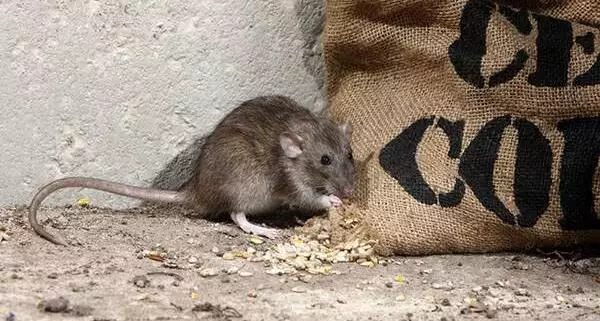
Rodents could be asymptomatic carriers of SARS-like coronaviruses: Study
text_fieldsNew York: A new study has found that the tiny rodents, which are estimated to be in hundreds of millions in the UK, are asymptomatic carriers of coronaviruses.
Rats have been responsible for some of the deadliest pandemics in human history, such as the Black Death, and may have, consequently, evolved resistance to various pathogens. According to researchers at Princeton University in New Jersey, US, this makes rats a potential disease vector for future pandemics.
In the study, researchers performed an evolutionary analysis of the ACE2 receptors used by SARS viruses to gain entry into mammalian cells, across mammalian species.
The results, published in the journal PLOS Computational Biology, showed that primates had highly conserved sequences of amino acids in the sites of the ACE2 receptor known to bind SARS viruses.
Rodents, however, had a greater diversity, and an accelerated rate of evolution, in these spots.
Overall, the results indicated that SARS-like infections have not been evolutionary drivers in primate history, but that some rodent species have likely been exposed to repeated SARS-like coronavirus infections for a considerable evolutionary period.
Some rodent species may have acquired some form of tolerance or resistance to infections from SARS-like coronaviruses, while non-adapted mammals and primates may be more susceptible to symptomatic disease.
"Our study suggests that ancestral rodents may have had repeated infections with SARS-like coronaviruses and have acquired some form of tolerance or resistance to SARS-like coronaviruses as a result of these infections," said Sean King, from the varsity's Department of Molecular Biology.
"This raises the tantalizing possibility that some modern rodent species may be asymptomatic carriers of SARS-like coronaviruses, including those that may not have been discovered yet," added Mona Singh from the Lewis-Sigler Institute for Integrative Genomics at Princeton.
While all previous human coronaviruses have clear zoonotic origins, some studies and experts have claimed that SARS-CoV-2, the virus that causes Covid-19 infection, has also jumped from a non-human animal to humans.
Previous research has shown that Chinese Horseshoe bats are a host of numerous SARS-like viruses and tolerate these viruses without extreme symptoms. Thus, identifying other animals that have adapted tolerance mechanisms to coronaviruses is important for awareness of potential viral reservoirs that can spread new pathogens to humans, the researchers said.
























